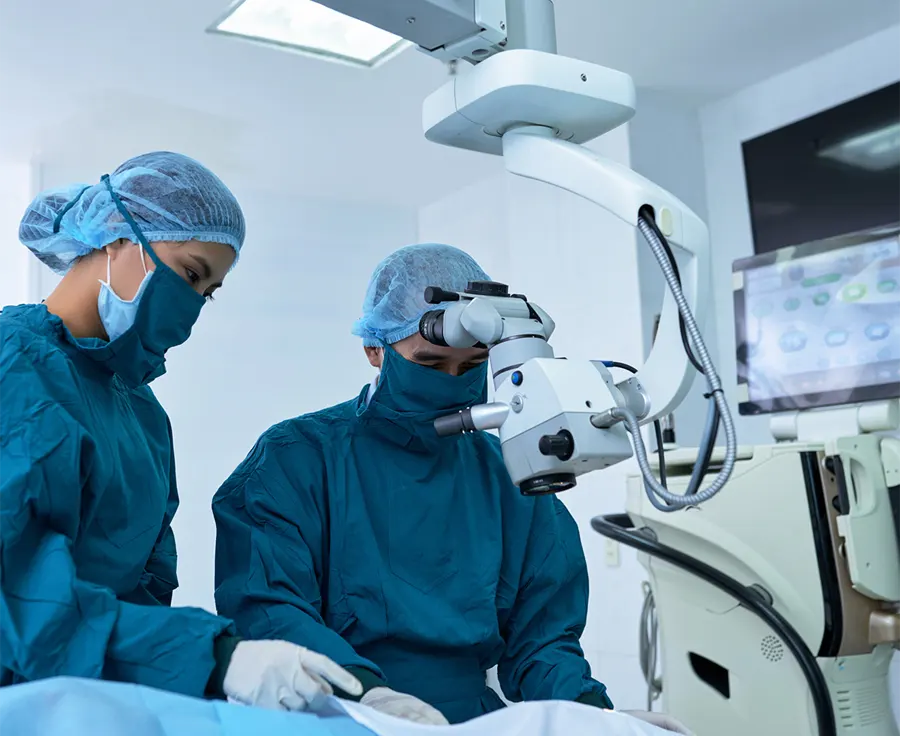


For more information. Please complete this form.


Cancer screening refers to the process of detecting cancer in asymptomatic individuals to identify it at an early stage when it is more treatable and potentially curable. Effective screening programs can reduce cancer mortality and improve quality of life.
- Mammography: Recommended every 1–2 years for women aged 40–74, depending on risk factors.
- Ultrasound/ MRI: For high-risk women or dense breast tissue.
- Self-Exam and Clinical Exam: Optional but helps in awareness.
- Pap Smear: Every 3 years for women aged 21–65.
- HPV Testing: Every 5 years for women aged 30–65, alone or with Pap smear.
- Visual Inspection with Acetic Acid (VIA): Used in low-resource settings.
- Fecal Occult Blood Test (FOBT): Annual for individuals aged 45–75.
- Colonoscopy: Every 10 years, or more frequently for high-risk individuals.
- Flexible Sigmoidoscopy/CT Colonography: Alternative methods.
- Low-Dose CT (LDCT): Annual screening for adults aged 50–80 with a significant smoking history (30 pack-years) who currently smoke or quit within 15 years.
- PSA Testing: Discuss potential benefits and risks with men aged 50–70 or earlier for high-risk groups (e.g., African descent or family history).
- Digital Rectal Exam (DRE): Supplementary in selected cases.
- Oral Examination: Particularly for individuals who use tobacco, alcohol, or betel quid.
- Skin Exams: Visual inspection, especially in high-risk populations (e.g., fair-skinned individuals or excessive UV exposure).
- Transvaginal Ultrasound (TVUS) and CA-125: Limited to high-risk women; not recommended for average risk due to lack of proven mortality benefit.
High-Risk Populations: Family history, genetic predispositions (e.g., BRCA mutations), occupational or environmental exposures.
Age to Start/Stop: Tailored to cancer type and individual risk factors.
Benefits vs. Risks: Balancing early detection with overdiagnosis, false positives, and anxiety.
-
Mon - Tue-10:00 – 18:00
-
Wed - Thu-10:00 – 17:00
-
Fri-Sat-10:00 – 12:30
-
Sun-Closed
